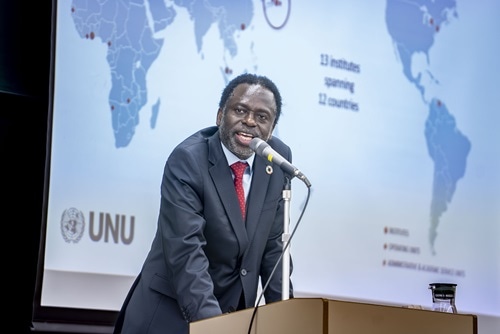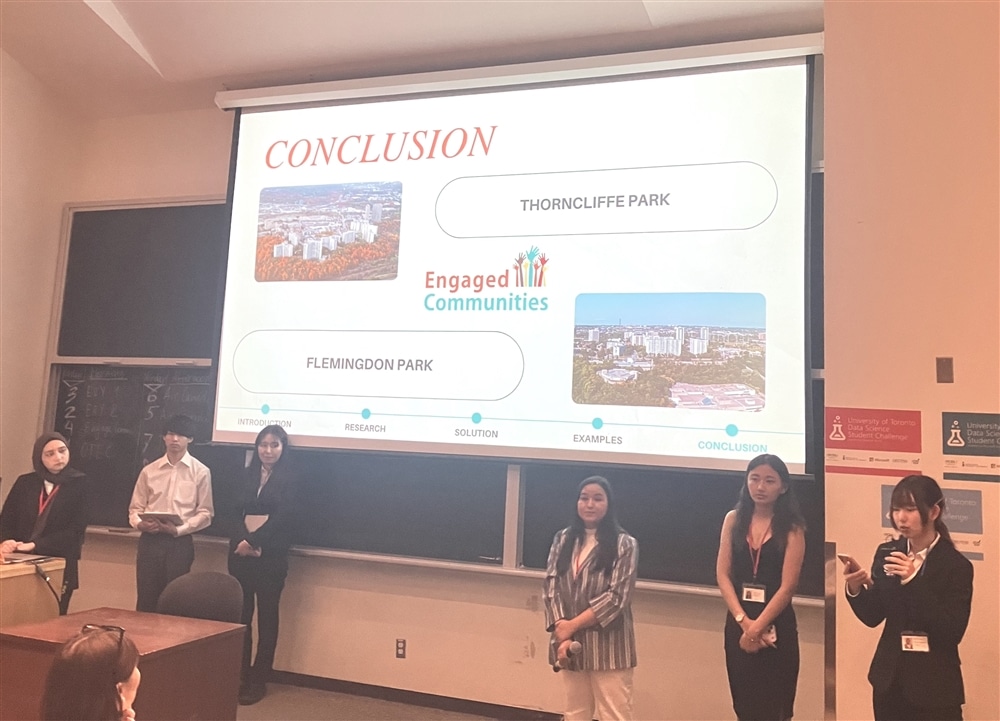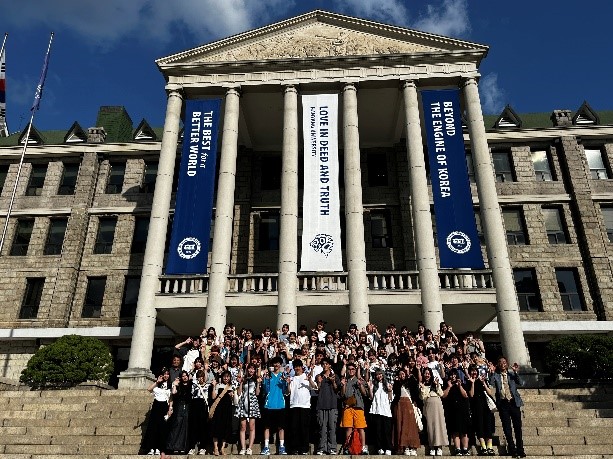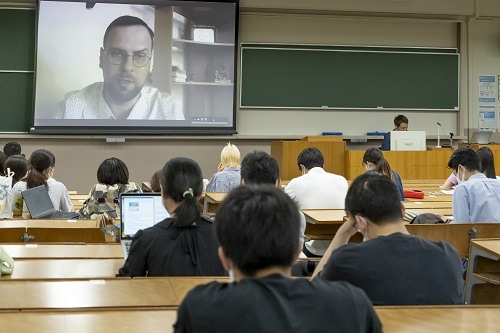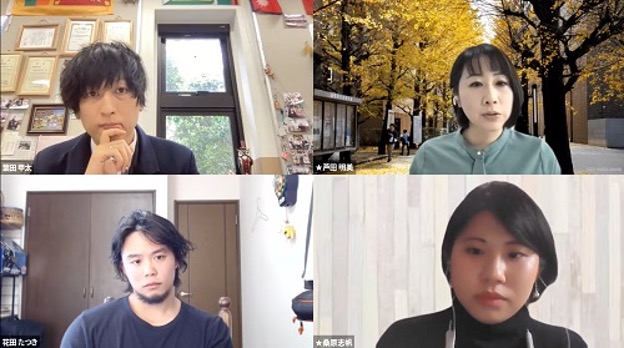- TOP
- Headlines Top Page
- Education
- Using Collaborative Online International Learning to Develop 21st-Century Skills

News and Topics
Using Collaborative Online International Learning to Develop 21st-Century Skills
2020.12.24
The new instructional method known as COIL (Collaborative Online International Learning) applies advances in online teaching techniques to international exchange between universities. Students in Japan can learn together with students overseas without ever leaving the country. At Kwansei Gakuin University, a course which interactions and collaborative learning with students at other universities abroad comprise more than 30% of the course, and which shares its syllabus with the course at the other university, is called a COIL course.
In September 2020, the Center for International Education and Cooperation (CIEC) offered its first COIL course, "HR Management and Employment," in cooperation with Trinity University in Texas in the USA. The course is an outcome of the connection between CIEC and Trinity University's business school. Prof. Matthias Hennings, an associate professor at CIEC, and Prof. Jorge Colazo, an associate professor at Trinity University, developed a seven-week COIL course taught twice a week and held on the same days in the USA and Japan. Students in the course interacted with American students via social media, and worked together online on several activities to cultivate intercultural competencies and deepen their knowledge of a different culture. Class topics included issues such as the unique Japanese employment and recruiting system, as well as career opportunities for women and foreigners in the workplace.
After creating teams on each side, students first had to introduce themselves with a short introduction video and start a chat to get to know each other better. The course used a Facebook group which allowed all students to interact with each other by uploading videos, pictures and materials, and provided them with opportunities to form their own groups with their counterparts. Students then had to create questions about the topics that were discussed in class for their partner teams abroad, who had to answer these questions. Although the course was initially planned to be asynchronous due to the major time difference between Japan and the US, students were very excited to virtually meet each other, so Prof. Hennings and Prof. Colazo set up Zoom meetings via Zoom to match students' time schedules to facilitate real-time interaction as well. Their interactions soon went well beyond the required online work for this course, and created connections between the students that normally would have only been possible by studying abroad.
The COIL course cultivated collaboration and communication skills among the students, which are essential 21st-century skills for today's workforce. In comparison to a regular online course, a COIL course provides students with more opportunities for interaction with international students and learning about a different culture, and is a more rewarding experience for them. KGU plans to offer more COIL courses starting in AY 2021.

